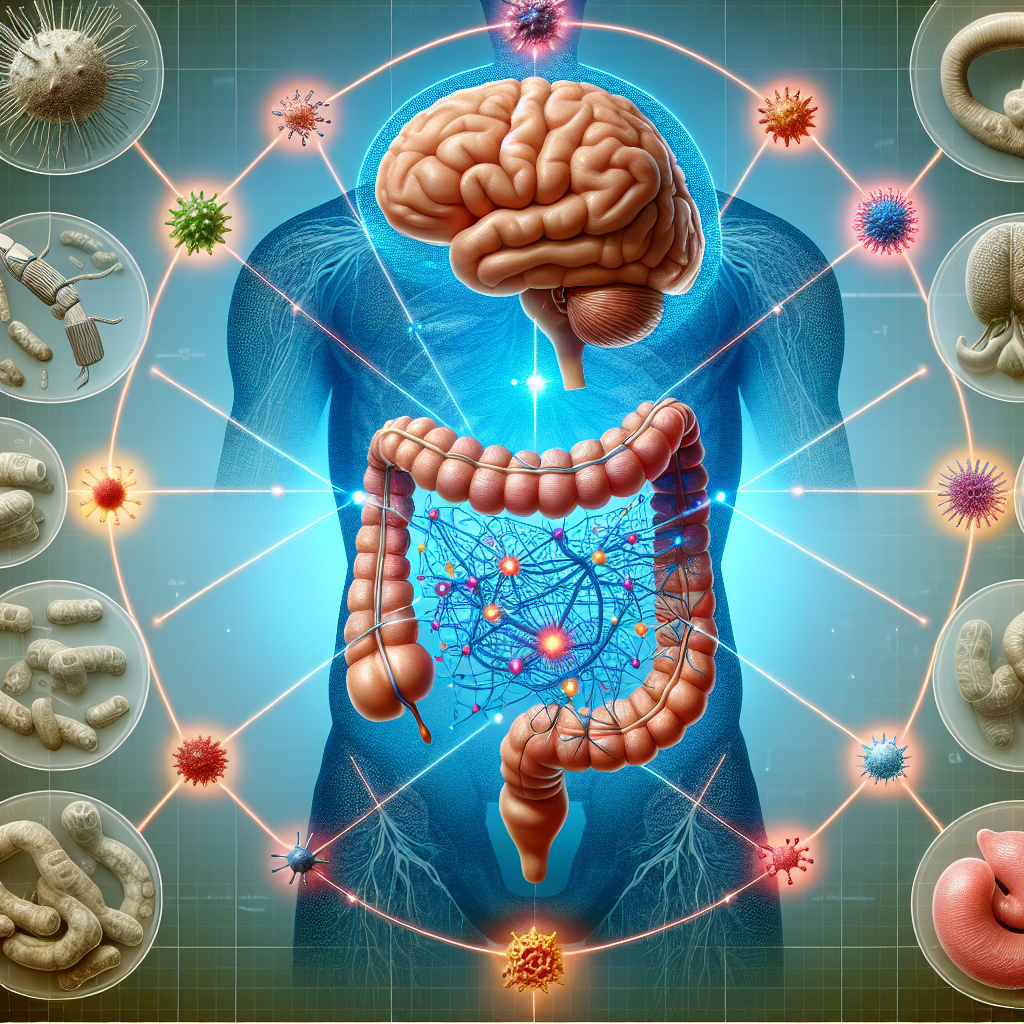In today’s fast-paced world, stress has become an inescapable part of life for many. While a certain level of stress can be a motivator, chronic stress can have detrimental effects on the body, particularly on the digestive system, and most notably on colon health. Understanding the link between stress and the colon is crucial for implementing strategies to maintain digestive wellness.
The Colon and Its Functions
The colon, or the large intestine, is an integral part of the digestive system. It is responsible for the final stages of the digestive process, including absorbing water and electrolytes, forming stool, and excreting waste from the body. Maintaining the health of the colon is vital for overall wellness, as it directly impacts nutrient absorption and waste elimination.
Stress and the Gut-Brain Axis
The gut-brain axis is a complex communication network that links the central nervous system to the enteric nervous system of the gut. This bidirectional pathway allows stress signals from the brain to affect intestinal activity. During periods of stress, the body releases hormones like cortisol and adrenaline, which can disrupt the delicate balance of the gut microbiota and lead to a range of gastrointestinal symptoms.
The Role of Cortisol
Cortisol, often referred to as the "stress hormone," can alter gut motility and increase intestinal permeability, sometimes called "leaky gut." This condition can allow bacteria and toxins to pass into the bloodstream, leading to inflammation and other health issues.
Adrenaline and Gut Motility
Adrenaline, the "fight or flight" hormone, can cause a decrease in blood flow to the gut and slow down the digestive process. This can result in various symptoms, such as bloating, pain, and altered bowel habits.
Stress-Induced Gastrointestinal Conditions
Chronic stress is a contributing factor to several gastrointestinal disorders, including:
- Irritable Bowel Syndrome (IBS): A common disorder characterized by abdominal pain, bloating, and altered bowel habits.
- Inflammatory Bowel Disease (IBD): Including Crohn’s disease and ulcerative colitis, which are characterized by chronic inflammation of the gastrointestinal tract.
- Gastroesophageal Reflux Disease (GERD): Where stress can exacerbate symptoms like heartburn and acid reflux.
For a more in-depth understanding of digestive health and its maintenance, readers should refer to Digestive Health, which provides valuable insights and tips.
Managing Stress to Protect Colon Health
Incorporating stress management techniques into daily life is critical for protecting colon health. Here are some strategies that can help:
Regular Exercise
Engaging in regular physical activity can reduce stress levels and improve digestive function. Exercise stimulates the regular contractions of the intestines, aiding in the movement of food through the digestive system.
Mindfulness and Relaxation Techniques
Practices such as meditation, deep breathing exercises, and yoga can help manage stress by activating the body’s relaxation response.
Adequate Sleep
Quality sleep is essential for the body to recover from stress. Developing a regular sleep schedule and creating a restful environment can improve sleep quality.
Balanced Diet
A diet rich in fiber, fruits, vegetables, and whole grains can support a healthy colon by promoting regular bowel movements and a balanced microbiota.
For those looking to improve their digestive function naturally, the article Natural Ways to Combat Bloating and Improve Digestion offers practical advice and remedies.
The Role of Probiotics and Diet
Probiotics are live microorganisms that can provide health benefits when consumed. They can help restore the natural balance of the gut microbiota, which can be disrupted by stress. Incorporating probiotic-rich foods like yogurt, kefir, and fermented vegetables, or taking probiotic supplements, can support colon health.
A balanced diet that includes Omega-3 Fatty Acids has been shown to have anti-inflammatory properties beneficial for digestive health. It’s also important to manage the intake of substances that can irritate the colon, such as caffeine, alcohol, and spicy foods.
External Resources for Further Reading
To further explore the nuances of this topic, several high-quality resources are available:
- The Mind-Gut Connection: A comprehensive resource that delves into the science behind the gut-brain axis and its implications for health.
- Stress Management Techniques: Offers a variety of strategies to manage stress effectively, tailored to individual needs and lifestyles.
- Dietary Approaches to Gut Health: Provides detailed guidance on how to structure a diet that supports gut health, with a focus on specific nutrients and food groups.
Conclusion
Stress can significantly impact colon health, contributing to various gastrointestinal issues. By understanding the gut-brain axis and implementing stress management strategies, regular exercise, a balanced diet, and probiotics, individuals can protect and promote a healthy colon.
For those with gastrointestinal symptoms, it is advisable to consult a healthcare professional for personalized advice. Understanding the Link Between Gut Health and Hormonal Balance can also provide insights into how interconnected our body systems are and the importance of a holistic approach to health.
In conclusion, while stress is an inevitable aspect of life, its impact on colon health can be mitigated through informed lifestyle choices and proactive wellness strategies. Taking steps to manage stress can lead to improved digestive health and overall well-being.



